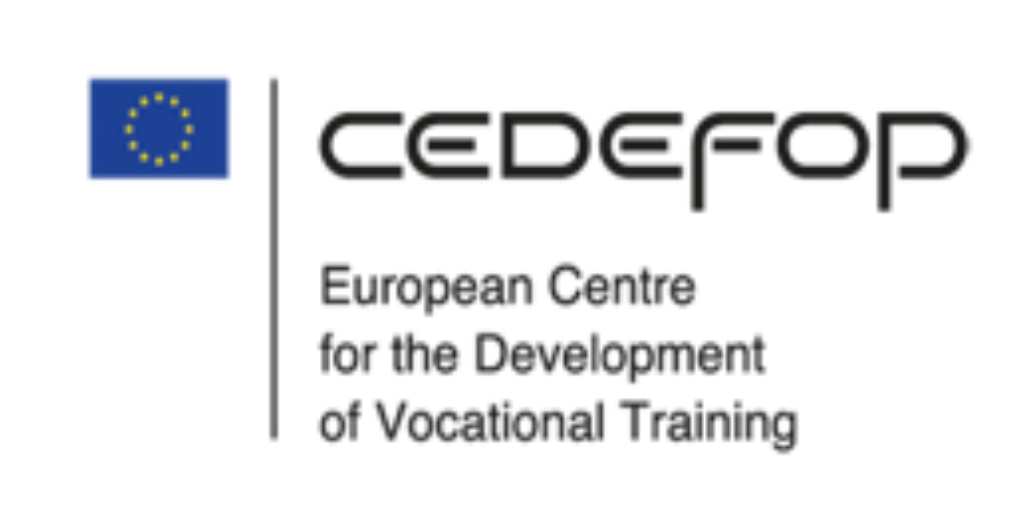CEDEFOP REPORT -INVENTORY OF LIFELONG GUIDANCE SYSTEMS AND PRACTICES – UK NORTHERN IRELAND

Cedefop (2020). Inventory of lifelong guidance systems and practices – UK / Northern Ireland. CareersNet national records. https://www.cedefop.europa.eu/en/publications-and-resources/country-reports/inventory-lifelong-guidance-systems-and-practices-uk-northern-ireland

In Northern Ireland career guidance refers to services intended to assist people, of any age and at any point throughout their lives to make educational, training and occupational choices and to manage their careers. Career guidance helps people to reflect on their ambitions, interests, qualifications and abilities. It helps them to understand the labour market and education systems, and to relate this to what they know about themselves (Department of Education, 2016). This supports individuals to plan and make decisions about work and learning. Career guidance makes information about the labour market and educational opportunities more accessible by organising it, systematising it, and making it readily available.
The Northern Ireland Careers Service within the Department for Economy provides an all age careers education and guidance service to promote employment, education and training opportunities. Careers advisers operate throughout Northern Ireland from Job Centres, Jobs and Benefits Offices and stand-alone careers offices. Advisers also work with careers teachers in schools and further education colleges to provide advice and guidance to pupils from 14 to 19. In Northern Ireland, careers education is a statutory area of learning in the common curriculum for all grant-aided post-primary schools. In addition, further education colleges and higher education institutions also offer careers guidance to their students.
The careers strategy, Preparing for success 2015-20, jointly agreed between the Department for the Economy (formerly, Department for Employment and Learning) and the Department of Education, was published in March 2016. Key commitments in the strategy include:
- development of an accountability and quality assurance framework to ensure delivery of impartial careers guidance;
- introduction of new and innovative delivery channels, including online web chat and increased use of social media improved access to up-to-date labour market information;
- ensuring equality of opportunity;
- offering face-to-face advice to adults and young people at key transition stages, providing additional support to those at risk of becoming disengaged and those with barriers, and providing more advice to parents.
Work is also planned to develop an e-portfolio to facilitate the recording of education and work-related activities to support career management.
